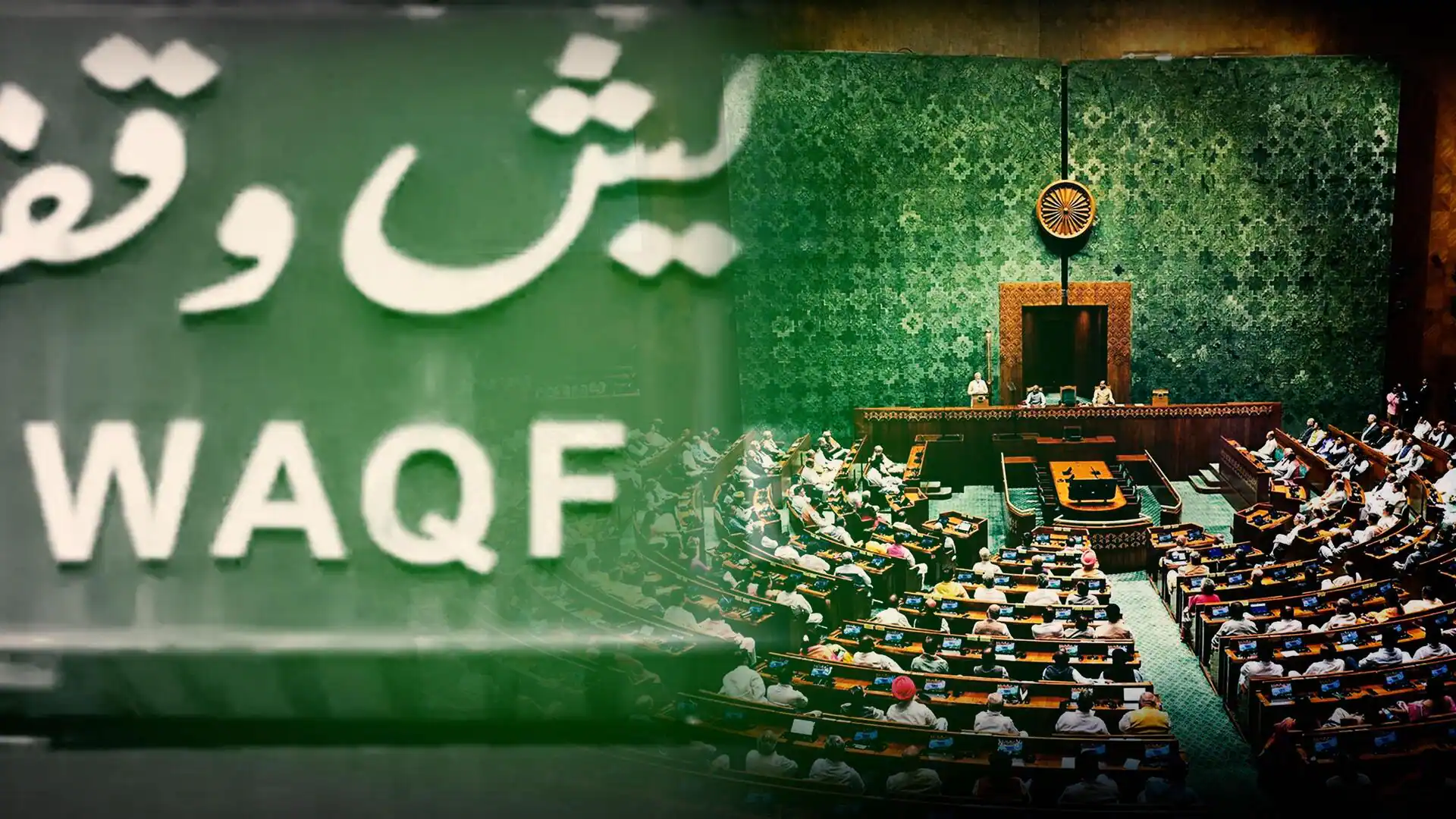The Indian Opposition often presents itself as a champion of secularism. However, its consistent resistance to legislative reforms that benefit all minority communities raises questions about its broader commitment to inclusivity. A prime example is the opposition to the Waqf Board Amendments Bill, set to be introduced in the Lok Sabha. While this bill aims to enhance transparency in the management of Waqf properties, the Opposition’s stance appears to prioritize Muslim interests over other minority communities such as Christians, Jains, Buddhists, Sikhs, and Parsis. Why this selective concern? Is it a strategic move rooted in vote-bank politics rather than genuine minority welfare?
Since India’s independence, the Congress Party has relied on a policy of appeasement politics, which has been systematically adopted by regional opposition parties over the years. Historically, minorities, constituting around 19.3% of the population per the 2011 Census, have leaned toward the Congress. This includes Muslims (14.2%), Christians (2.3%), Sikhs (1.7%), Buddhists (0.7%), Jains (0.4%), and Parsis (0.006%). With the overall other minority (minus Muslims) population likely having grown since then, other minority communities now account for around 5-6% of the electorate—an electorate that the Opposition seems increasingly willing to ignore.
Traditionally, all minority groups were seen as aligned against the BJP, perceiving it as a party catering solely to Hindu interests. However, this perception has evolved, particularly with the governance model introduced under Prime Minister Narendra Modi. Unlike earlier governments, Modi’s administration has focused on universal welfare schemes, ensuring benefits reach all communities, including Muslims, without discrimination. Schemes like Jan Dhan Yojana, Ujjwala Yojana, and PM Awas Yojana have benefited large sections of the Muslim population, particularly economically weaker sections such as Pasmandas and Ahmediyas.
Despite these developments, many in the Muslim community continue to align with Opposition narratives, often influenced by religious leaders and political figures who have historically benefited from the status quo. The Waqf Board Amendments Bill is a case in point. The bill seeks to regulate Waqf properties more transparently, ensuring that benefits trickle down to the community rather than remaining concentrated in the hands of elite Muslim leaders. This has drawn sharp criticism from leaders like Asaduddin Owaisi, who argue that the bill is unconstitutional. Ironically, the Waqf system itself has long operated under laws that restrict judicial oversight, raising concerns about double standards.

The BJP’s outreach among Muslim communities, particularly the marginalized sections, has shown results in recent electoral outcomes. The 2022 Uttar Pradesh assembly elections and recent bypolls saw a small but notable shift in minority votes toward the BJP. If the Modi government successfully implements the Waqf Board reforms, ensuring that benefits reach the most disadvantaged Muslims, it could further erode the Congress and regional parties’ traditional minority vote base.
With the NDA government enjoying a majority in the Lok Sabha and a slim edge in the Rajya Sabha, the Waqf Board Amendments Bill is likely to become law. If implemented effectively before crucial state elections in Bihar and Tamil Nadu, it could significantly impact opposition parties, particularly those relying on minority vote banks. The ruling DMK in Tamil Nadu, which has positioned itself against BJP policies, could face electoral setbacks if it resists implementing the new Waqf reforms.
Prime Minister Modi’s governance model emphasizes “Sabka Saath, Sabka Vikas, Sabka Vishwas” (Together with all, development for all, trust of all). If this approach continues, the narrative of the BJP being a purely Hindu-centric party may weaken. The Opposition, if it continues to focus exclusively on a single minority group, risks alienating not only the majority Hindu electorate but also other minority communities who feel neglected.
Ultimately, the future of India’s political landscape will depend on whether parties embrace true secularism—representing all communities fairly—or continue to engage in selective appeasement. If the latter persists, the traditional vote-bank dynamics of Indian politics may witness a significant transformation in the coming years.






